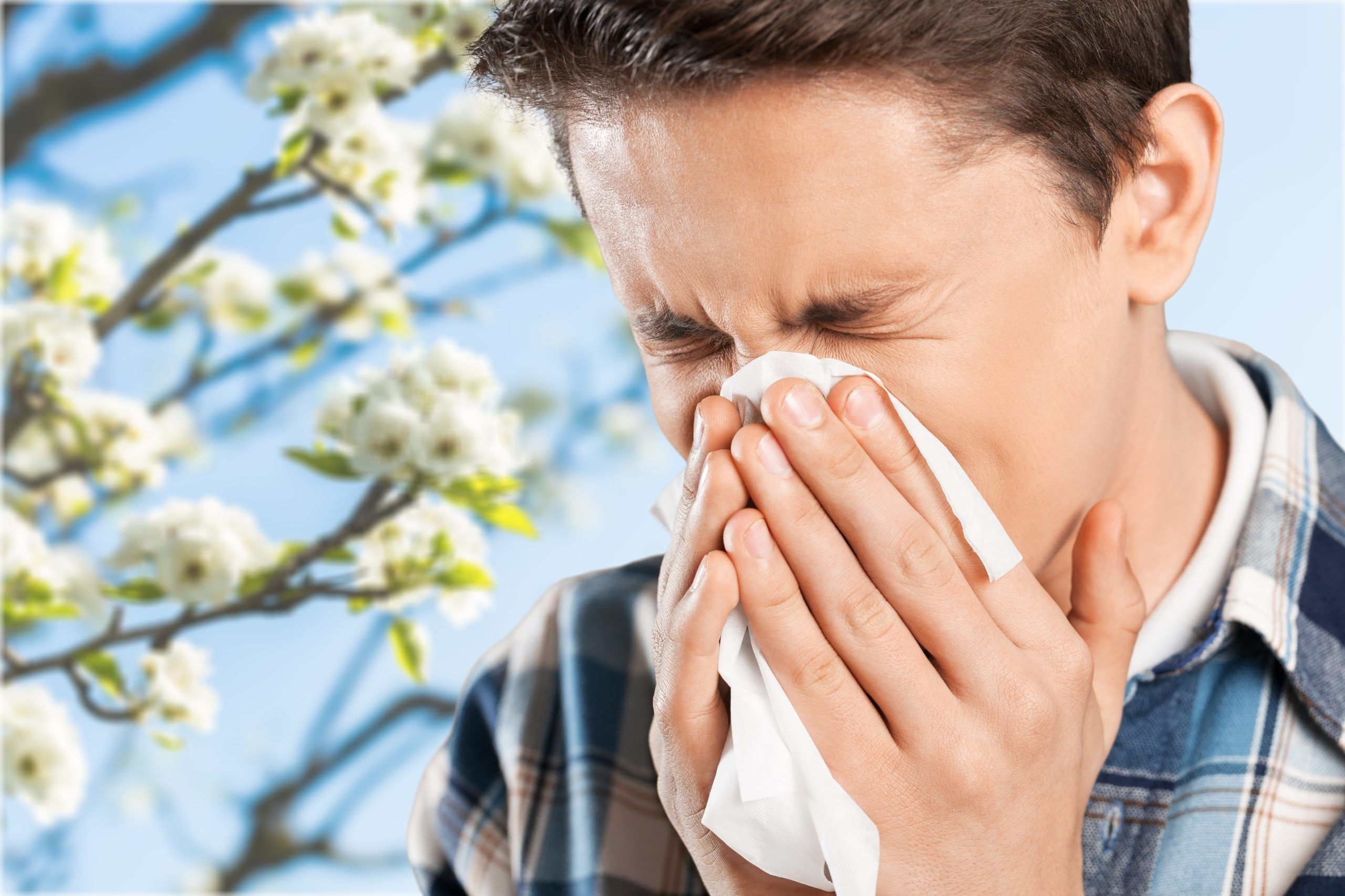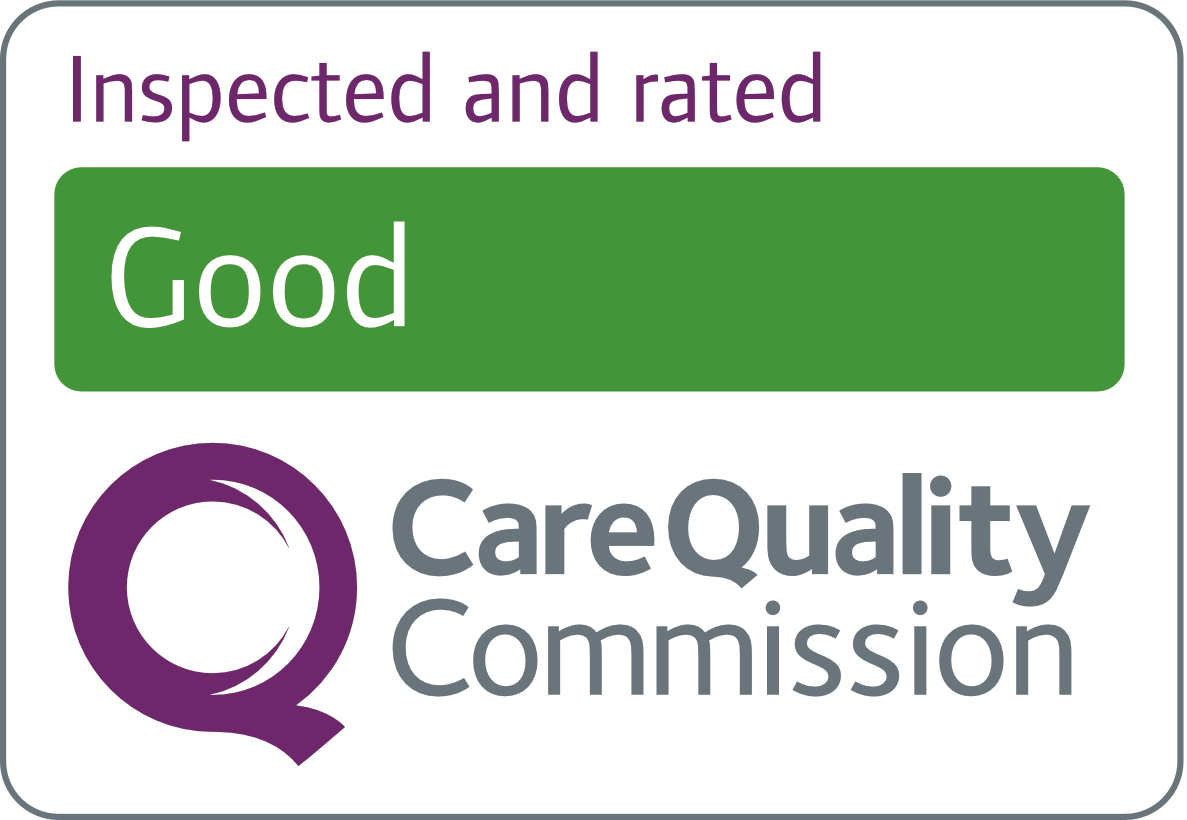- Contact Us
- 02077237258
- [email protected]
Hay fever, also known as allergic rhinitis, is an allergic reaction that occurs when the immune system overreacts to allergens present in the air. Common triggers include pollen, house dust mites, mould spores, and pet dander. When a person with hay fever comes into contact with these allergens, their immune system releases histamines and other chemicals, causing symptoms such as sneezing, runny or stuffy nose, itchy or watery eyes, itchy throat or ears, coughing and fatigue.

Pollen, the main cause of hay fever, is high during warm, dry and windy weather. There are different types of pollens:
If you suffer from hay fever you’ll experience a range of symptoms like blocked nose , sneezing , itchy eyes and sometimes shortness of breath and tiredness. Most of these symptoms can be managed with over the counter remedies, however, others may need medication and some severe cases might benefit from further treatments
Hay fever treatments
There is a wide range of hay fever treatments which can make a difference to your day-to-day life. The usual and most common way to treat hay fever is a mixture of antihistamines, nasal sprays and eye drops. These remedies could help you getting over the symptoms of hay fever.
If you have tried all the options and you are still struggling with hay fever symptoms you might benefit from speaking to one of our doctors to discuss further treatment options.
Our doctor will assess your symptoms and advice on the best treatment available for you.


Pharmacy:
Mon-Sun: 10:00 AM – 11:00 PM
Clinic:
Mon-Fri: 7:00 PM – 11:00 PM
Please call to check the doctor’s availability.
For emergencies, please dial: 999